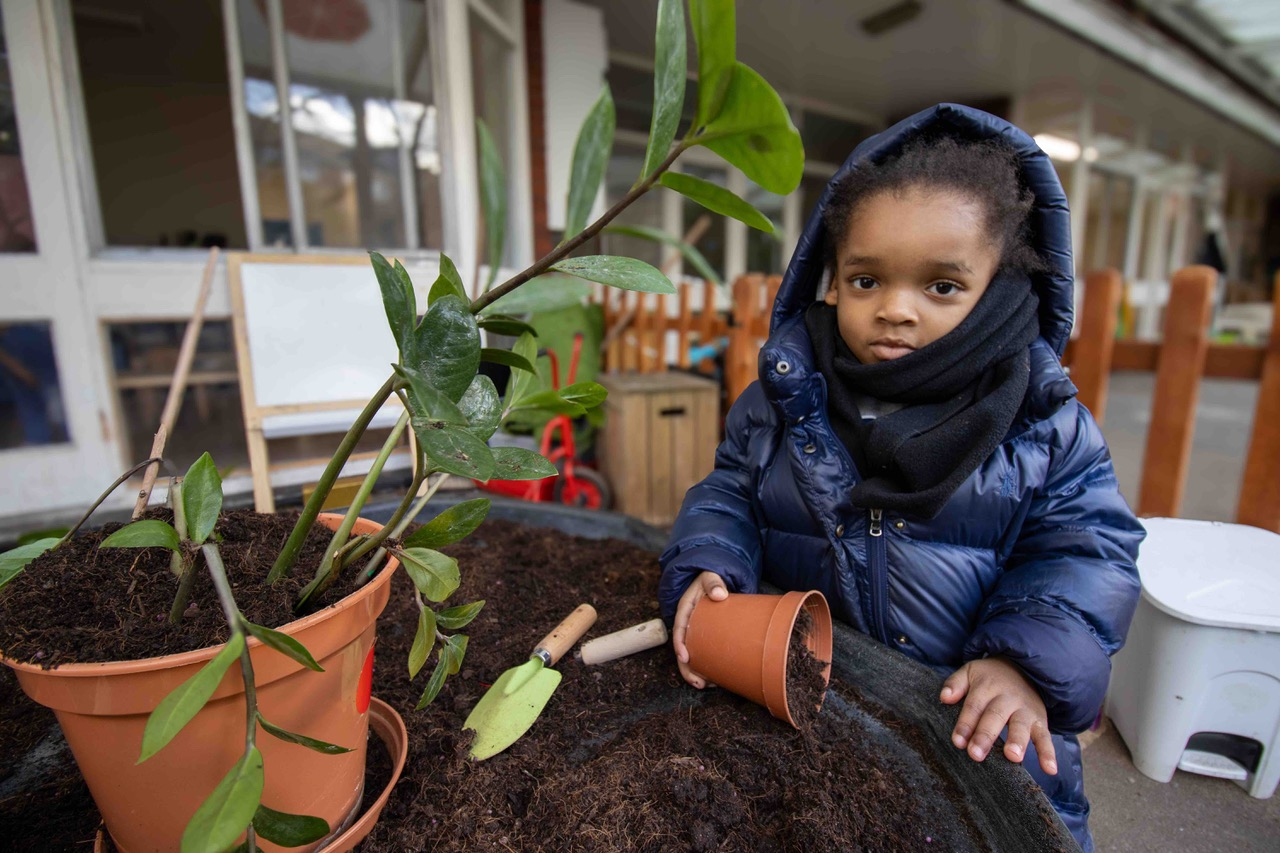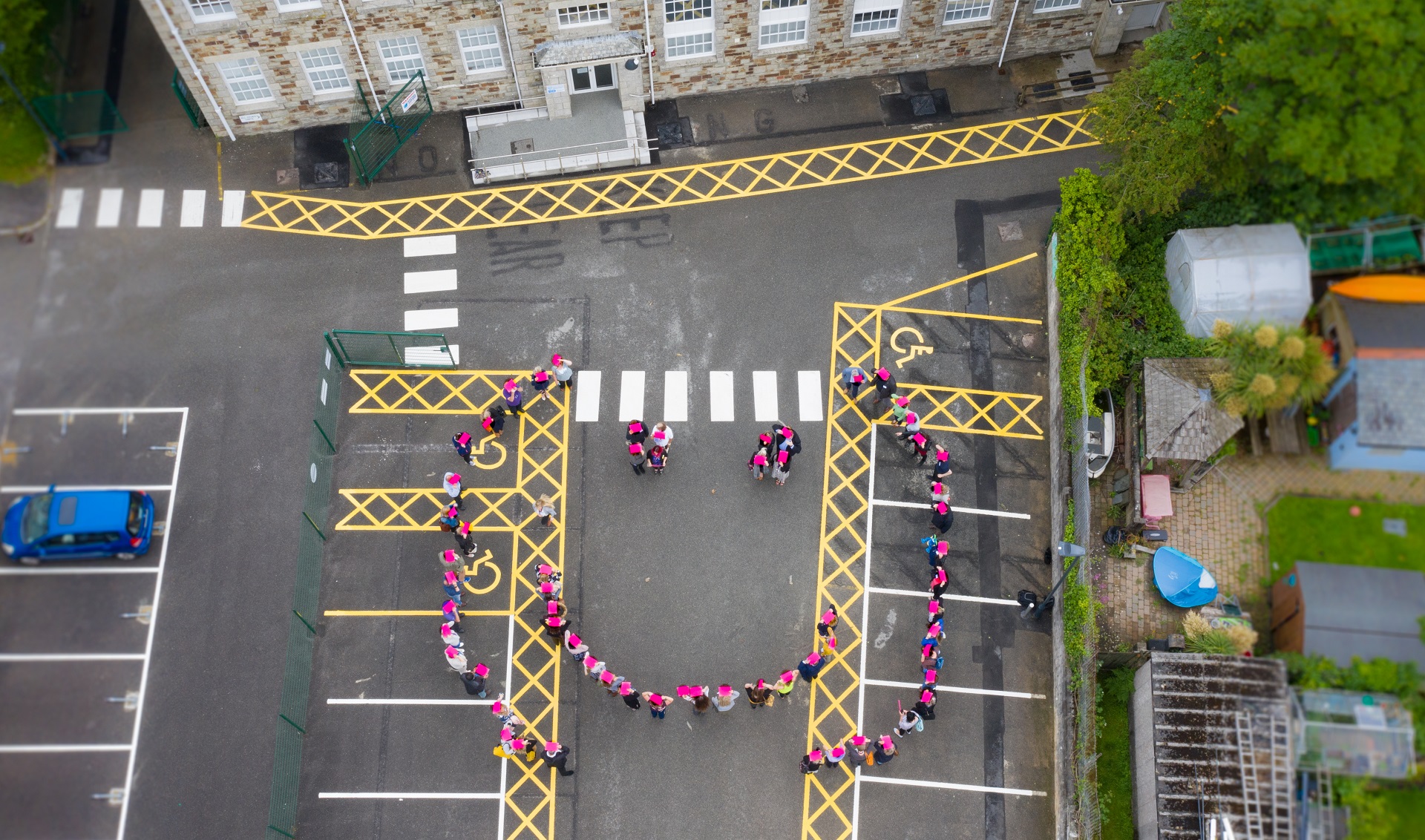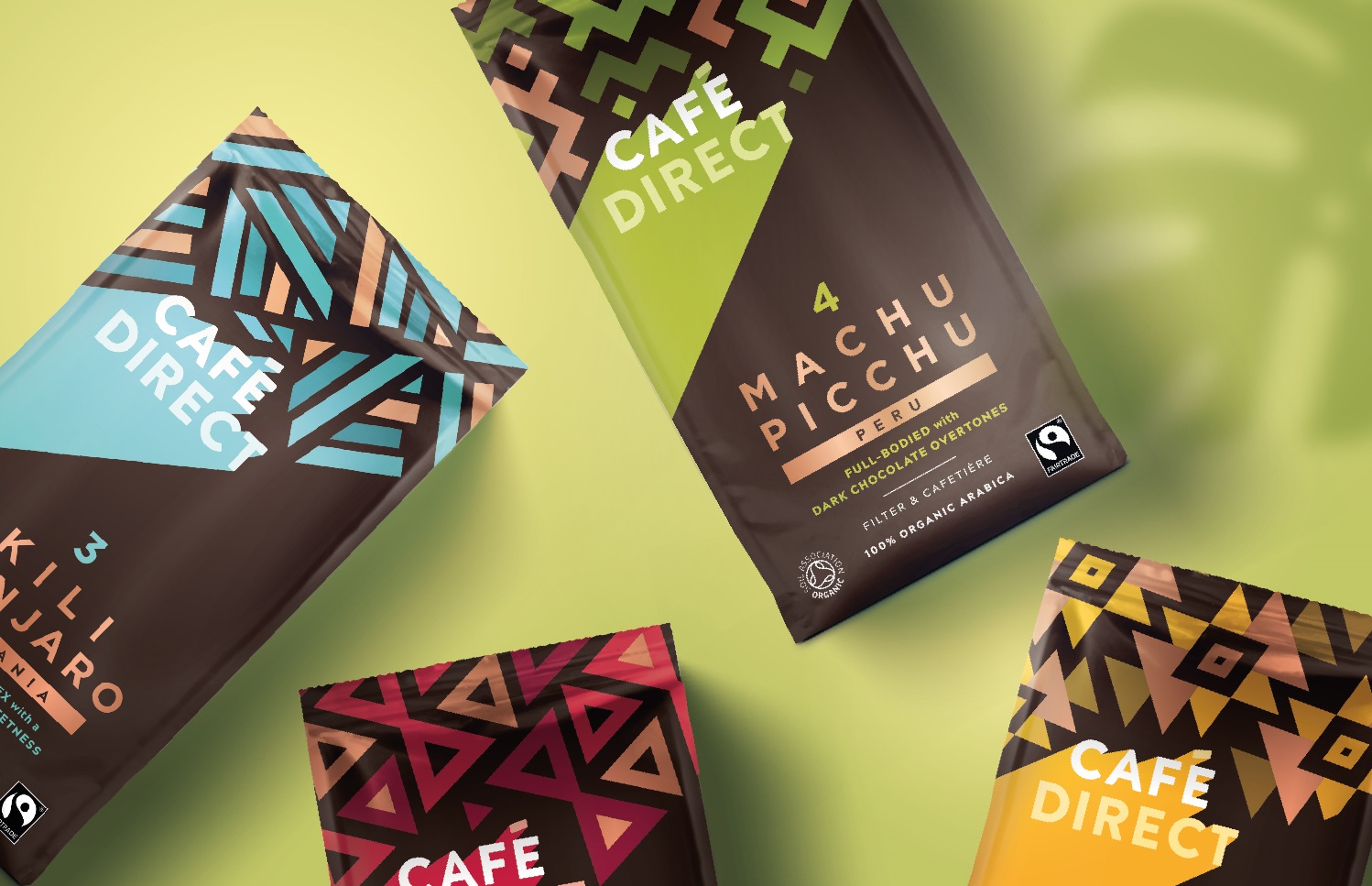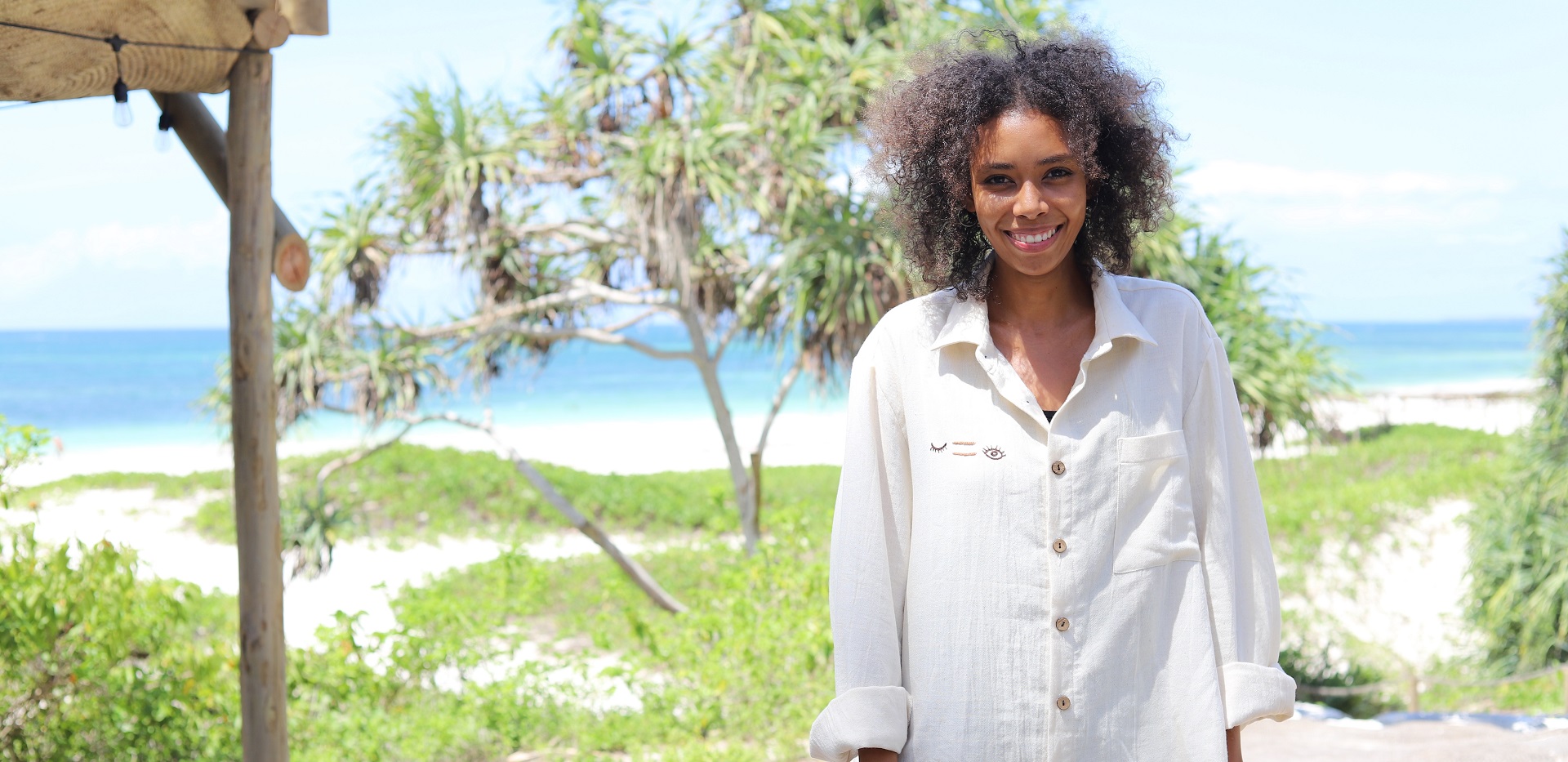
Member updates
London Early Years Foundation awarded King’s Award for Enterprise in Sustainable Development
The London Early Years Foundation (LEYF) has been honoured with a King’s Award for Enterprise in Sustainable Development, recognising its groundbreaking approach to Early Years Education and Care through the lens of social enterprise and sustainability. LEYF is one of only 197 organisations nationally to be recognised with the prestigious King’s Award for Enterprise. Announced on Tuesday 6th May, the accolade celebrates LEYF’s long-standing commitment to delivering high-quality, affordable Early Years Education and Care that prioritises access, inclusion, community and environmental impact. At the core of LEYF’s approach is the belief that education for young children can be a powerful force for building a more equitable, inclusive, and environmentally responsible society. Sustainability is fully embedded into every aspect of nursery life – from social enterprise business, our seasonal menus and using green energy across the sites, to designing a pedagogy that gives children a voice and nurtures their love for nature and their role as future changemakers. LEYF teachers are actively empowered to become sustainability informed and lead sustainability initiatives, making every team member a champion for long-term impact. This whole-system approach is driven by the London Institute of Early Years, LEYF’s dedicated research and training hub, and its: Action for Sustainability in Education, Community of Practice a vibrant network focused on embedding the three pillars of sustainability – economic, social, and environmental sustainability into daily practice. As pioneers in the sector, LEYF created the UK’s first Early Years Sustainability Strategy, aligned with the UN’s Sustainable Development Goals. It was also the first childcare organisation to achieve ISO 14001 certification and ongoing carbon footprint measurement and reduction through Planet Mark. With sustainability threaded through its governance, leadership, operations, and pedagogy, LEYF is actively working towards achieving net-zero by 2030. Its sector-first Level 4 Qualification in Sustainability in Early Years has already empowered 68 professionals, with many more set to follow. Founded in 1903, LEYF is the UK’s largest charitable social enterprise in Early Years education, employing over 1,000 staff and running a network of 43 nurseries across 13 London boroughs. Serving more than 4,000 children each year, LEYF combines business excellence with a powerful social purpose – reinvesting profits to support children from disadvantaged backgrounds and embedding sustainability into every aspect of its work. Dr June O’Sullivan OBE, CEO of LEYF, said: "We are thrilled to receive the King’s Award for Enterprise in Sustainable Development. This is a powerful endorsement of our belief that Early Years Education and Care must be a force for social justice and environmental good. At LEYF, sustainability runs through everything we do – from how we run our nurseries, to how we teach and support our children, families and staff. From evidence-based pedagogy to sustainable practice, and from apprenticeships to leadership pathways, everything we do is about creating real, lasting impact. We hope this recognition inspires others across the sector to embed sustainable thinking from the ground up.” Nick Corlett, Sustainability Manager at London Early Years Foundation (LEYF) says: "At LEYF, sustainability isn’t an afterthought – it’s at the heart of everything we do and shapes our pedagogy and practice, fuels our values, and guides our daily decisions. Powered by the London Institute of Early Years, LEYF’s pioneering research and training hub, and strengthened through our Action for Sustainability in Education community of practice, we embed the three pillars of sustainability: economic, social, and environmental into everyday activity across all of our nurseries. "We are therefore honoured to receive the King’s Award and proud that our deep-rooted commitment to sustainability has been recognised at this level. This achievement is a testament to the dedication, energy, and teamwork of everyone across LEYF. We hope it sparks a wider ambition to reimagine Early Years Education and Care, where sustainability is a force for social good, builds community resilience, and a fairer future for every child." The King’s Awards for Enterprise, previously known as The Queen’s Awards for Enterprise, were renamed in 2023 to reflect His Majesty the King’s desire to continue the legacy of HM Queen Elizabeth II by recognising outstanding UK businesses. Now in its 59th year, the Award remains the most prestigious business accolade in the country, with successful organisations able to use the esteemed King’s Awards Emblem for the next five years. About LEYF The London Early Years Foundation (LEYF) is the UK’s largest charitable social enterprise for Early Years Education and Care (EYEC) operating 43 nurseries across 13 London boroughs. For over 120 years, LEYF has successfully combined business excellence with social purpose to deliver high-quality, affordable early education to over 4,000 children each year with a focus on children from disadvantaged backgrounds. 75% of LEYF nurseries are situated in areas identified as having high levels of deprivation. 46% of LEYF nurseries are rated Outstanding by Ofsted, far exceeding the national average of 14%. The LEYF Pedagogy focuses on a placing the child at the centre of all business and pedagogical decisions so it can drive a consistent pedagogical approach, lead an ambitious curriculum underpinned by harmonious relationships and community engagement which together enhance the cultural capital of the children, families and staff and build resilient, curious and confident global citizens. LEYF’s business model is built on strategic oversight, operational efficiency, researched -based practice and strong purpose-led leadership. By blending business rigour with social ambition, LEYF offers a consistent, scalable model for delivering excellence in Early Years – one that is financially sound, socially responsible, and always child-focused. leyf.org.uk Photo Credit - LEYF Marsham Street Nursery and Pre-School - Francoise Facella
4 min



